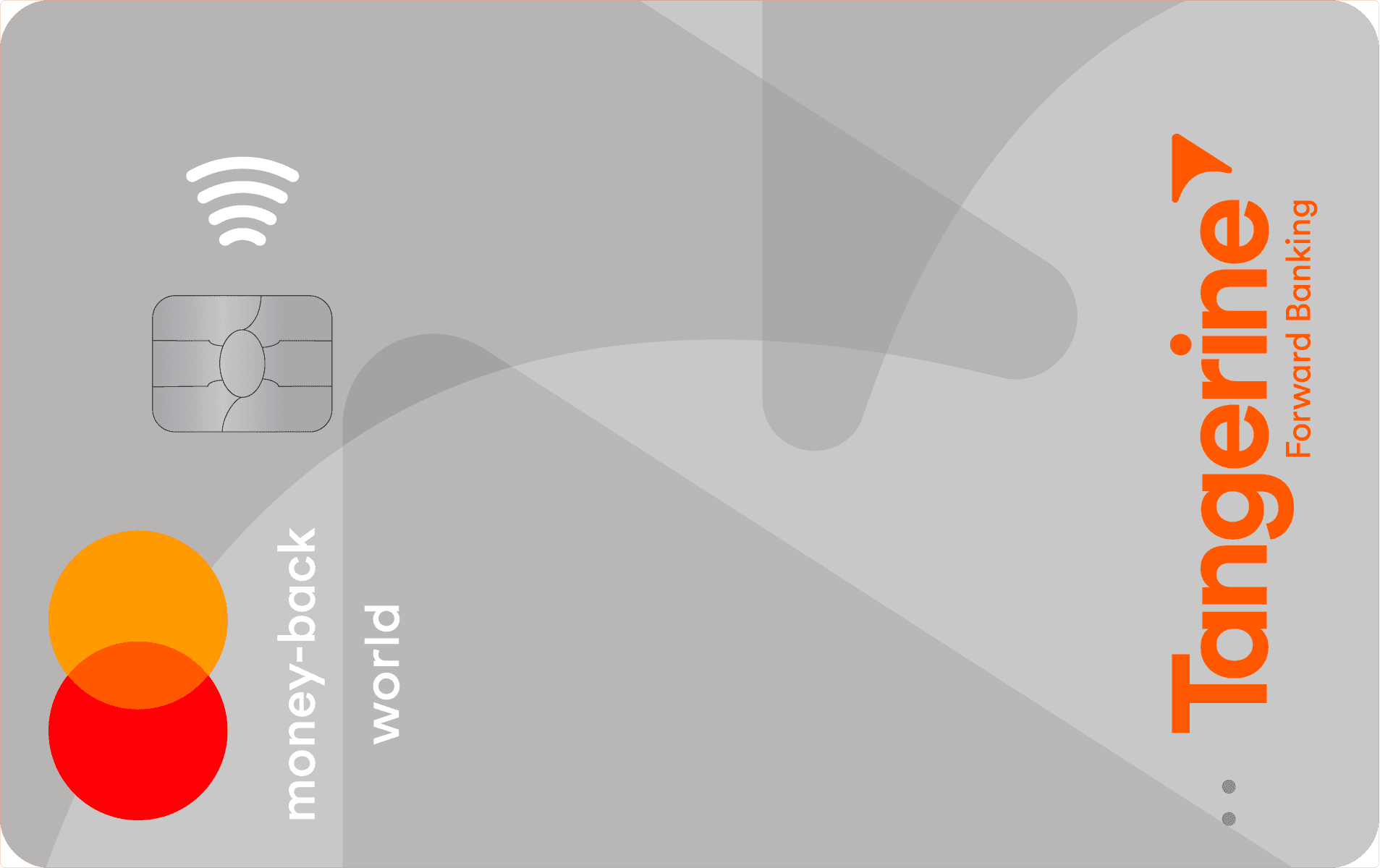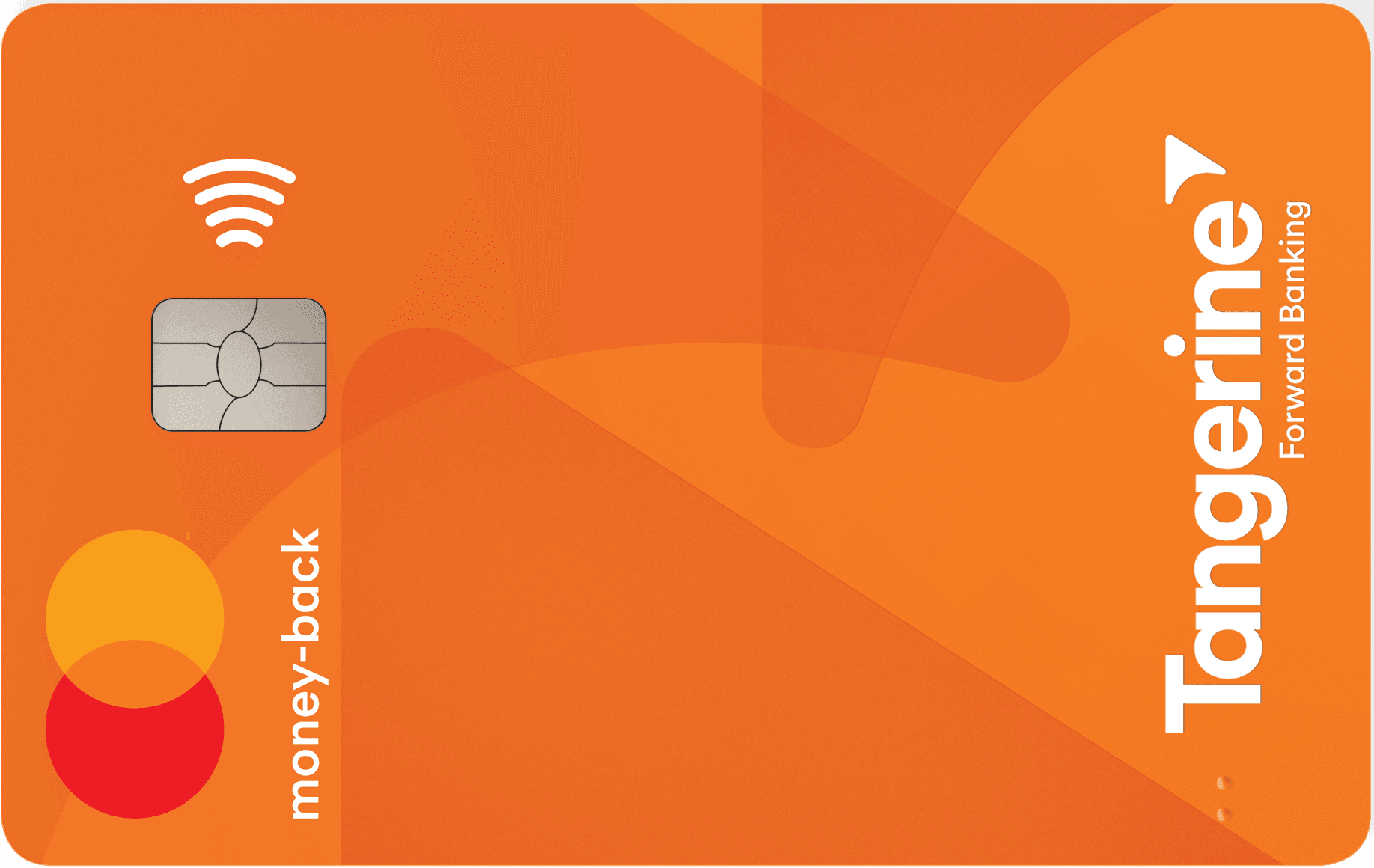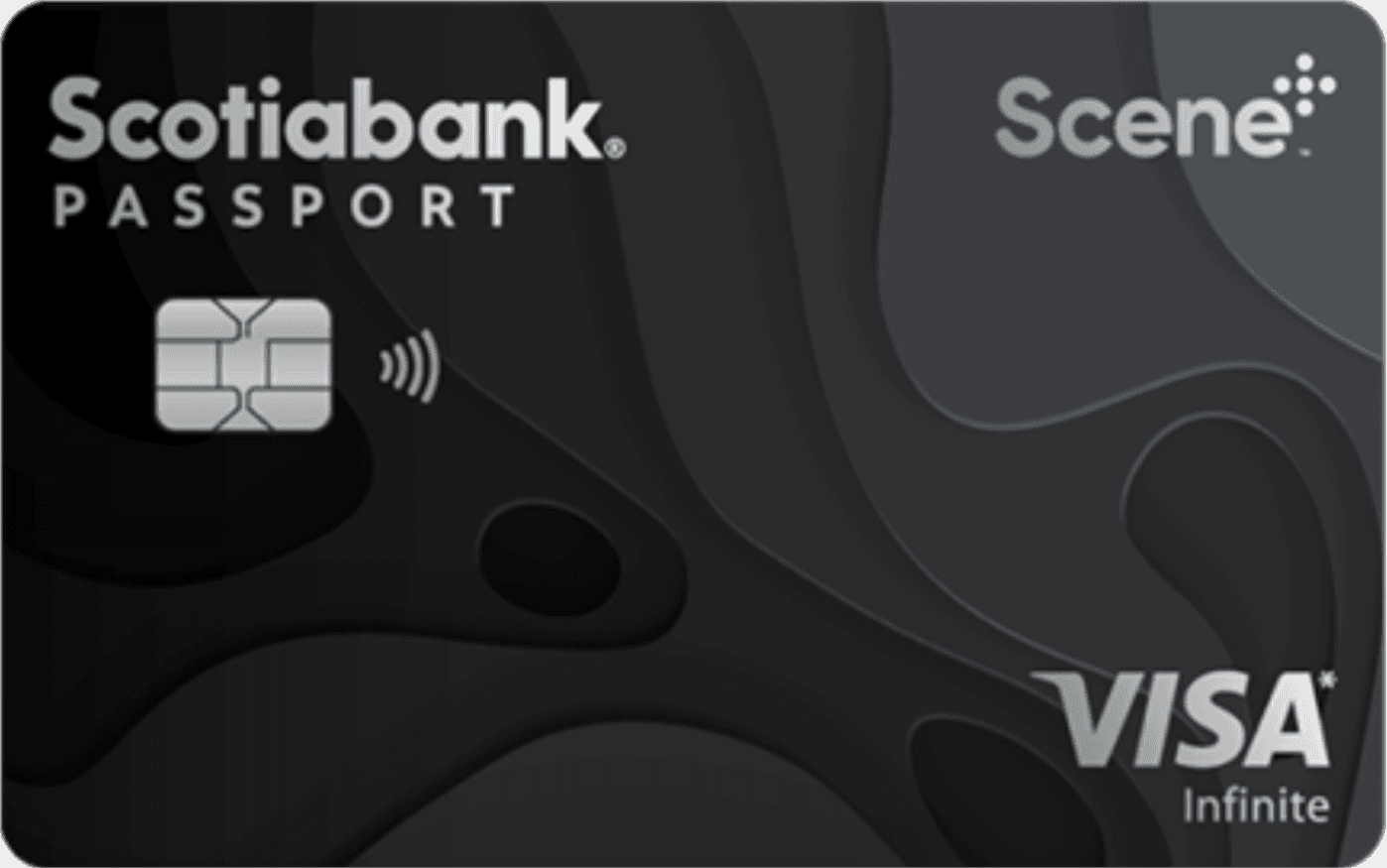Working hard in the background...
10 Reasons Why You Should Use a Credit Card for Practically All of Your Purchases in Canada
Published Jan 10, 2026 12:45 PM • 7 min read
Between cash, debit, and buy now, pay later programs, why use a credit card for your purchases?
Simple: credit cards collect rewards, provide perks and coverage, and help cardholders build credit – an essential pillar in the foundation of your financial future.
Stick around for our full list of 10 reasons why you should use a credit card for practically all of your purchases.
1. Convenience
A credit card packs cash, loyalty programs, insurance, perks, and payment tracking into a tiny, portable rectangle.
Bottom line: Why overcrowd your wallet with loose bills, change, and loyalty cards when you can tuck all these features into a single piece of plastic or metal?
2. Promotional Offers
To entice you even further, plenty of credit cards offer welcome bonuses of extra cashback or points. Some of the best signup bonus credit cards in Canada offer welcome bonuses with values exceeding a thousand dollars! Most of the time, these intro offers are awarded to cardholders who meet minimum spending requirements during the card’s promotional period – which is why it’s incredibly strategic to time the opening of your card with large purchases.
Other promotional offers include low-interest rates, higher reward rates, or no annual fee during the first year of membership.
Bottom line: When you use a credit card for all eligible purchases during its promotional period, you optimize your earning potential, which helps you save on future spending.
3. Expense Tracking
The magic of a credit card expands beyond its four corners; you can also study various insights through online banking portals and mobile apps affiliated with your card’s issuer.
For example, you’ll be able to track your spending and see which payments are posted, which are pending, and how much credit you have available for the rest of your billing cycle.
Expense tracking is important because it helps you stay on top of your spending and stick to a budget.
Credit cards also allow you to automate payments like recurring bills and subscription fees, so you never fall behind on an instalment.
See a purchase you didn’t make? Maybe a duplicate charge? Credit cards make it easy to report fraudulent activity – something we’ll expand upon later.
Bottom line: credit cards keep a record of every purchase you make, enabling you to monitor your spending, plan payments, budget, and report suspicious activity.
4. Rewards
Best rewards credit cards in Canada earn you money back on applicable purchases. Can your cash or debit card do that?
Best cashback credit cards in Canada literally put a percentage of your qualifying purchases back into your pocket. Alternatively, points credit cards earn you rewards that can be redeemed towards specific expenses based on your card’s loyalty program. Popular redemption categories include travel and entertainment.
For example, let’s say you spend $100 on groceries. Luckily, you have a credit card that optimizes groceries, earning you 4% cashback every time you need to restock the fridge. When you use this card at checkout, not only are you financing your grocery list, you’re also earning $4 on your purchase.
Something similar can be said for points. Perhaps your points card earns you 3 points per dollar spent on groceries. In this case, you’ll earn 300 points on your purchases. These points can be redeemed later towards your card’s available redemption categories at a set cent-per-point value.
Bottom line: To optimize every expense you have, use a complementary points or cashback credit card. Sure, opting for cash or debit covers the initial cost, but it doesn’t help cover future expenses the way rewards credit cards do.
5. Perks
Alongside rewards, certain credit cards also unlock tons of perks, everything from discounts on gas and rental cars to airport lounge access and hotel upgrades.
When you use your card for all your travel or day-to-day purchases, you also get to take full advantage of these benefits, saving you money in the long run.
Bottom line: Credit cards reward you beyond points and cashback, they also tack on plenty of perks that make each purchase (and future expenses) worthwhile.
Read More: Best Perks Credit Cards in Canada
6. Coverage
There are many credit cards that are absolutely stacked with insurance coverage, supporting you during cancelled or interrupted trips, delayed flights and baggage, and rental car mishaps.
When it comes to everyday purchases, most credit cards also provide credit card extended warranty insurance and credit card purchase protection insurance.
Extended warranty insurance prolongs a product manufacturer’s warranty for a certain amount of time, whereas purchase protection insurance insures products that have been subject to accidental damage or theft.
Bottom line: Every purchase you make using an insured credit card is protected by policies like extended warranty and purchase protection insurance – so why not safeguard every purchase by putting them on a covered card?
7. Credit History
A positive credit history is established by long-term responsible credit card use.
Your credit history is an important component collected by credit bureaus (like Equifax or TransUnion) to create a credit report, which is used to calculate your credit score. Your credit score reflects your creditworthiness to potential lenders, helping them decide whether or not to approve you for credit opportunities like a loan or a new credit card.
Bottom line: The best way to establish a positive credit history is to use your credit card (responsibly) as much as possible for a long period of time.
Note: Responsible credit card use means paying your balance in full by the balance due date and keeping your credit utilization ratio low (typically under 30%).
8. Purchasing Power
Credit cards grant you tons of purchasing power, applicable towards online, in-store, and over-the-phone purchases.
They also allow you to make bigger purchases instantly and give you a bit more time to cover the cost – just make sure you pay off your balance before the due date!
The amount of purchasing power you have depends on your credit limit, which can grow incrementally depending on your credit health and card. You build your credit health by making responsible transactions using your card, so why not put most (if not all) purchases on your card to boost your financial footprint?
Having a positive financial footprint not only has the potential to lead to better purchasing power, but it also improves your chances of getting a loan, mortgage, or upgraded card in the future.
As for card acceptance, Visa and Mastercard networks are accepted by most merchants around the world. Alternatively, credit cards networked by American Express have a lower acceptance rate, but they tend to offer higher annual value when fully utilized.
Bottom line: You can make larger and smarter purchases using a credit card. These purchases not only help you cover immediate costs, but they also help you build credit health, which assists future finances.
9. Emergency Expense Back-Up
As previously stated, credit cards let you use your available credit to cover costs that you might not be able to fund immediately. This gives you some extra time to pull together the funds needed to support emergency purchases. After all, you never know when an unexpected health or safety issue could arise.
With debit cards, you’re limited to the dollar amount you’ve accumulated inside your bank account. With cash, you can only tug out as many bills as you’ve got tucked inside the folds of your wallet.
The amount you can spend on your credit card depends on your credit limit, which, in some cases, can increase with good credit health, built by frequent responsible use.
Bottom line: The more you use your credit card, the more credit you’ll be able to access in case of an emergency. Just try your best to keep your credit utilization ratio below 30% to support your overall credit health in the meantime!
10. Security
Along with coverages like purchase protection and extended warranty insurance, your credit card comes equipped with fraud protection services. In fact, many cards feature zero liability protection, which protects you against financial loss if your card is stolen and used to make unauthorized purchases.
When you use a debit card, it’s much harder and tedious to report fraud and collect reimbursements. When it comes to cash, when it’s stolen, you’re basically out of luck.
Bottom line: Credit cards are arguably the best way to keep your money safe from fraud and theft, which is why they should be your primary transactional tool, especially when travelling.
Conclusion
Therefore, you should always use a credit card for practically all of your purchases for its convenience, security, and perks. Compared to other modes of spending, such as cash or debit, credit cards are much more secure and rewarding.
To find the best credit card for all of your upcoming purchases, check out our credit card finder tool.
Frequently Asked Questions
Credit cards offer rewards, perks, and coverage that cash or debit cards tend to lack. Additionally, credit cards build your credit history, which is essential for establishing a strong financial profile for future endeavours like loan or mortgage applications. With cash or debit, you can only spend what you already have; credit cards add purchasing power and security on top of extra value.
Most credit cards come with online banking portals and mobile apps that record posted and pending transactions. Within your card’s corresponding portal or app, you can oversee your expenses, automate recurring bills and subscriptions, and set spending alerts. These features also make budgeting easier and assist you in spotting duplicate or fraudulent charges.
Yes, but perks and coverage vary by card. Many travel and premium credit cards offer perks like airport lounge access, hotel upgrades, and discounts, plus extensive trip coverage. Most credit cards with coverage offer basic extended warranty and purchase protection insurance, which are essential for everyday shoppers.
If you plan on utilizing a card’s coverage and perks to their full extent, then the card and its added features are absolutely worth it.
Responsible credit card use – such as keeping your utilization ratio low and paying balances on time – builds a strong credit history. A strong credit history will boost your credit score, which is assessed when you apply for loans, mortgages, and better credit products. In some cases, positive credit health can increase your purchasing power, allowing you to safely spend more money (within reason).
Trending Offers

Tangerine® Money-Back World Mastercard®*

Tangerine Money-Back Mastercard

Neo World Elite® Mastercard®

Scotiabank Passport® Visa Infinite* Card
About the author

Sara Skodak
Lead Writer
Since graduating from the University of Western Ontario, Sara has built a diverse writing portfolio, covering topics in the travel, business, and wellness sectors. As a self-started freelance content ...
SEE FULL BIOAbout the editor

Faith Ogunkanmi
Editor
Faith is a seasoned finance professional with over six years of experience specializing in credit analysis, financial risk assessment, and business/personal lending. My background includes extensive w...
SEE FULL BIO